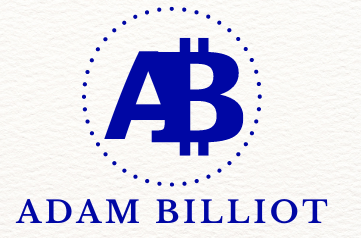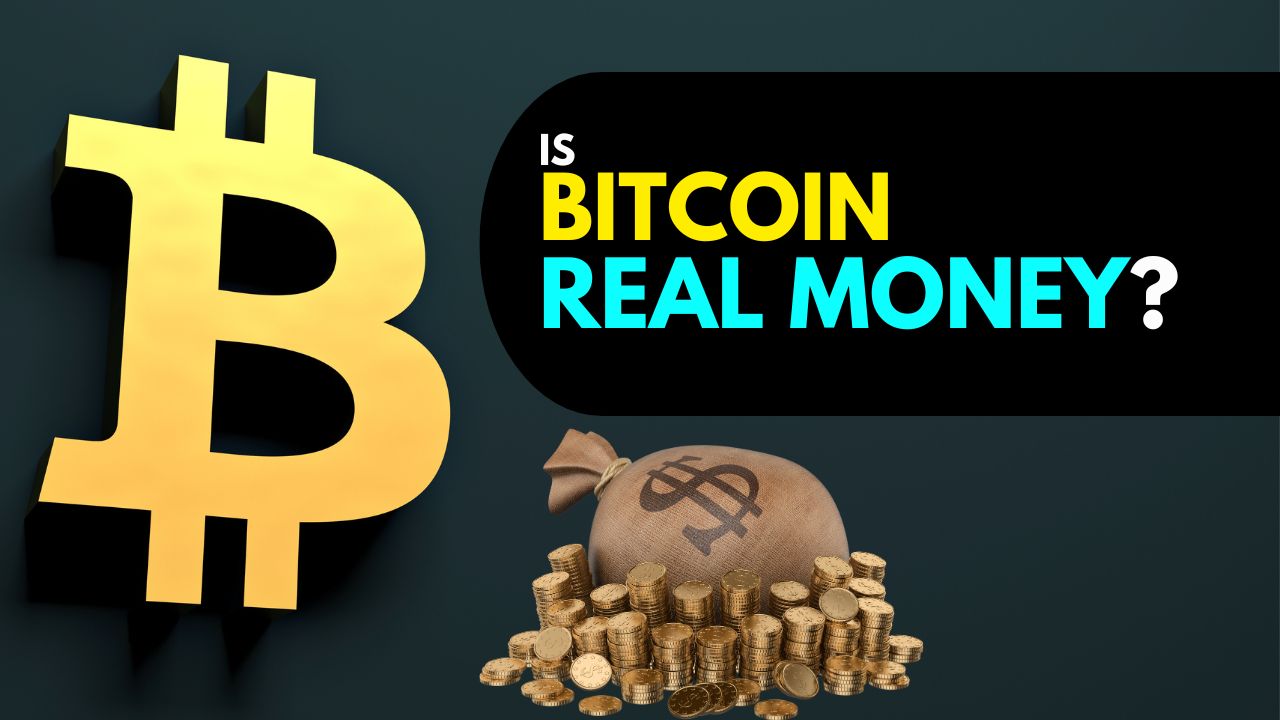Is Bitcoin Real Money? What’s the first thing that pops into your mind when you hear about Bitcoin? For many, it’s the image of a gold coin with a “B” inscribed or perhaps tales of newfound millionaires who’ve profited from its meteoric rise. But a lingering question remains for the uninitiated and even some of the enthusiasts: Is Bitcoin real money? Let’s delve deep into this topic to provide a comprehensive answer.
Table of Contents
1. Understanding Traditional Money
At its core, ‘real’ money, or fiat currency, is a medium of exchange, a unit of account, and a store of value sanctioned and regulated by governments. Think of the dollars, euros, or yen in your wallet. They’re physical representations of value backed by a governing body.
2. Bitcoin’s Birth and Purpose
Introduced in 2009 by the pseudonymous Satoshi Nakamoto, Bitcoin emerged as a decentralized digital currency free from government intervention or control. It uses blockchain technology to verify and record transactions on a distributed ledger.
3. Characteristics of Money and Bitcoin’s Compliance
- Medium of Exchange: People across the globe use Bitcoin for transactions. With over [number of BTC transactions daily], it serves as a medium to facilitate trades.
- Unit of Account: While not as stable as most fiat currencies, Bitcoin’s value can represent goods’ and services’ worth.
- Store of Value: Bitcoin has proven its ability to store value over time, especially considering its historical price trajectory. However, its volatility remains a concern for some.
4. Real World Applications of Bitcoin
Today, Bitcoin isn’t just a speculative asset. Many businesses accept Bitcoin as payment, from cafes in Prague to tech giants like Microsoft. Moreover, certain countries, like El Salvador, have even taken steps to accept Bitcoin as legal tender.
5. Challenges Facing Bitcoin as Real Money
Despite its applications, Bitcoin faces challenges as ‘real’ money:
- Volatility: Bitcoin’s price can be erratic, making some hesitant to accept it.
- Regulation: While some embrace Bitcoin’s decentralized nature, governments may impose restrictions or limitations.
- Scalability: Current transaction speeds and costs can impede its mainstream adoption for everyday purchases.

Also Read this Blog: What are Altcoins? Top 10 Altcoins of 2023
6. Concluding Thoughts: Is Bitcoin real money?
Is Bitcoin real money? The answer largely depends on perspective. In functional terms, Bitcoin ticks many boxes that qualify it as money. But for it to gain universal acceptance like traditional fiat currencies, it must overcome its challenges.
In Summary, while the debate around Bitcoin’s status as ‘real’ money continues, its impact on the financial world is undeniable. Understanding Bitcoin is essential in today’s digital age, whether you see it as a revolutionary form of currency or a speculative asset.





 Bitcoin
Bitcoin  Ethereum
Ethereum  XRP
XRP  Tether
Tether  USDC
USDC  Lido Staked Ether
Lido Staked Ether